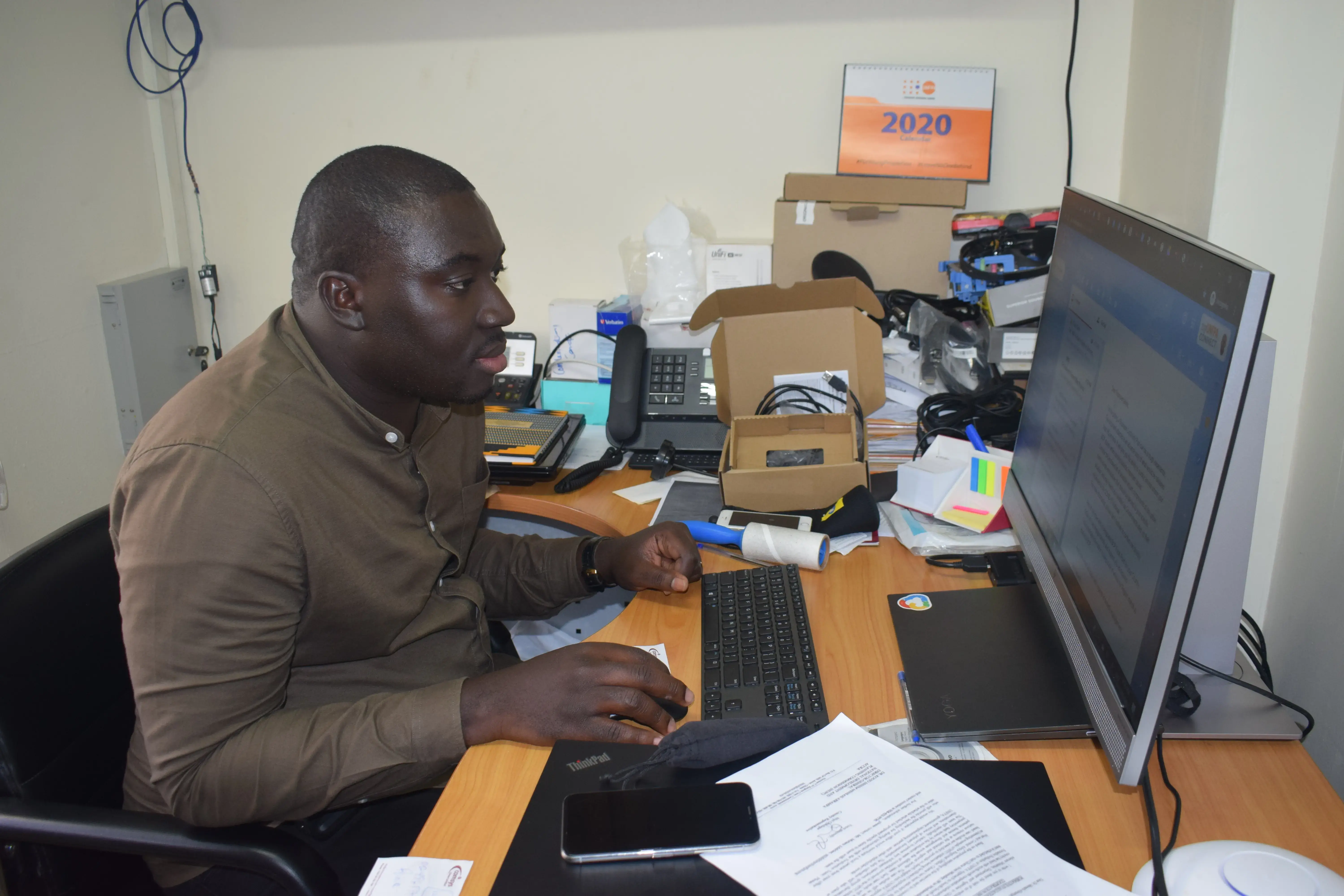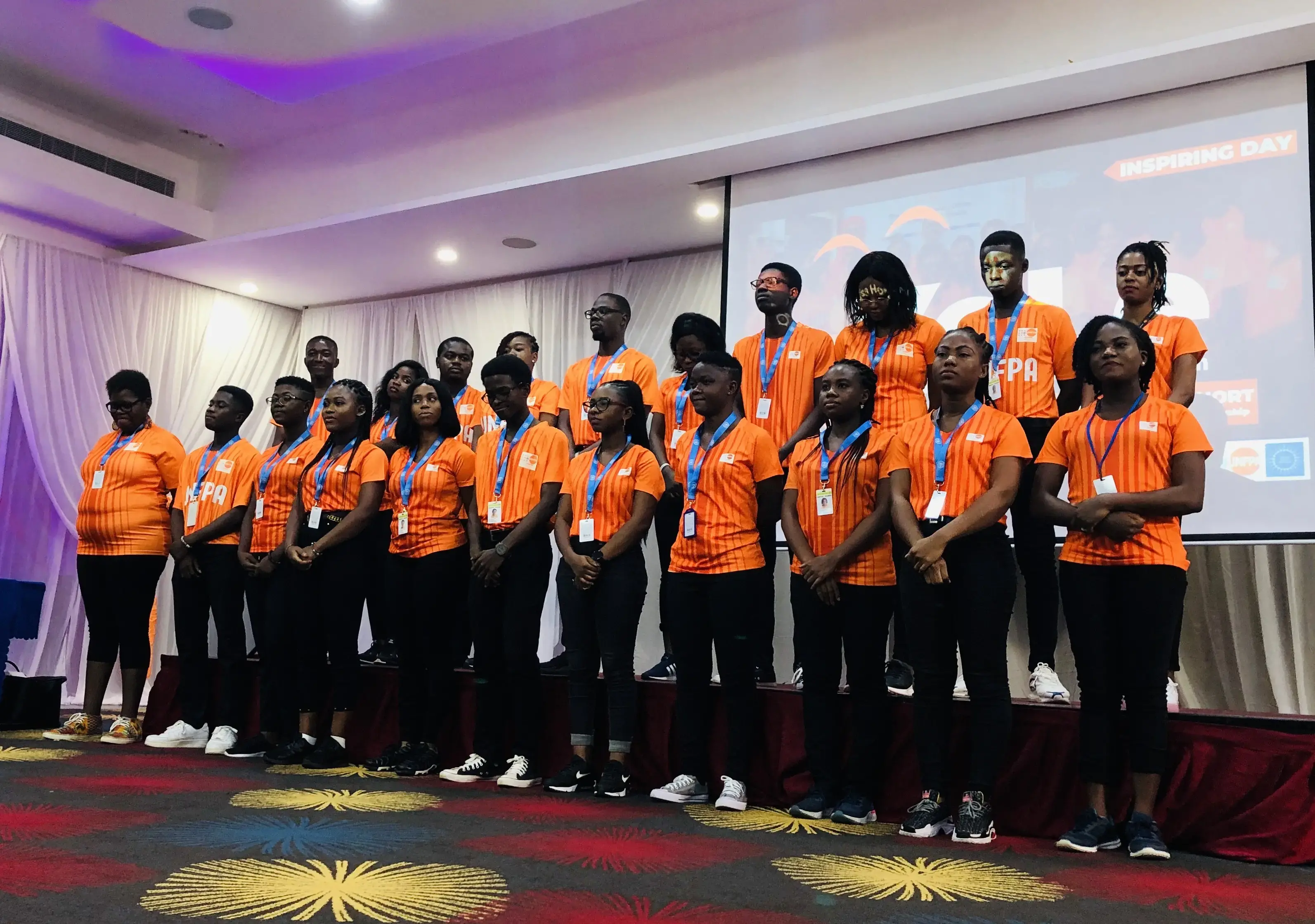UNFPA’s dedication to strategically position the youth in the area of Sexual and Reproductive health and Rights (SRHR) and Population and Development can again be appreciated at the just ended Youth4Youth forum held in Accra on 26th June, 2019. UNFPA organized the youth forum as part of the activities for the just ended Africa-China Conference on Population and Development.
The Conference was an avenue for young leaders in Africa and China to form strategic partnerships, share knowledge on how to improve upon pertinent development issues; focusing on the changes after the implementation of the International Conference on Population and Development (ICPD) since 1994 alongside, the role of the youth in strengthening cooperation on population and development under the ambit of the South-South Cooperation.
Over 200 youth from 32 different countries participated in the conference. There were diverse interactive sessions including the plenary session made up of Madam Marian Kpakpah, Chief Director of the Ministry of Planning, who was a youth delegate to the ICPD in Cairo, Egypt in 1994. She shared that, unlike her youthful days when the youth were the last to be considered, now there are opportunities for the youth to make their voices heard.
“The space was there for us to be heard but it was more of tokenism and not of recognition of value, today young people are taking more valued roles. There’s more inclusiveness for young people to participate in more process; consulting and researching of ideas for inputs”, Ms. Kpakpah.
In the spirit of leaving no one behind, Princess Mensah, a visually impaired youth advocate from Okuapemang Senior High School lamented the negative perception and attitude from the society, access to infrastructure at public spaces, high cost of SRH services, lack of privacy, unprofessional attitude by health service providers, absence of sign language interpreters and inaccessible Information Educational Materials (IEC) as some of the challenges Persons with Disabilities (PWDs) face. This, she said does not ensure fairness in the society.
“Not all PWDs are mentally ill. We should be able to speak to health professionals about issues affecting our bodies, disability must not be a barrier to our freedom of speech. Educate us to have the voice to make impact in the society so that no one is left behind”, she stressed.
She recommended that SRH services must be affordable for PWDs, health facilities must be accessible to all as well as making public health educational programme inclusive and accessible to all.
Also speaking, Qianling Zhuo, a young scholar from the Peking University of Health Center, sharing her personal experience revealed that the biggest benefit of the ICPD is for young girls to receive education. Gender equality in education is able to equip and build the potentials of young girls to have better lives.
Some participants had amazing experiences to share; Jyer, a youth advocate stated “the event was well organized, especially with the language disparity. I’m looking forward to more innovation, partnership and sharing of ideas during next year’s conference”.
“It was an exciting program didn’t know anything about the South-South Cooperation but this forum has made me gain knowledge that Africans and Chinese can collaborate and solve developmental issues together as youth”.Pacome Damali, participant.
At the event, there were some other engaging sessions such as ; the discussion on the role of young people in accelerating South-South Cooperation and the youth exhibitors’ session where there were exhibitions by UNFPA, Ghana Health Service on the YMK app, Beifang International Education Group and the African Health Innovation Center. It also included parallel sessions on- Reaching the unreached, innovating for Health and Well-being and Youth Enterprising for change.
At the end of the conference the youth adopted and declared an outcome statement with a call on governments of Africa and China, civil organizations and all key stakeholders to commit to addressing issues of population development, health and gender and also recognize the role of the youth in leadership and Governance.



